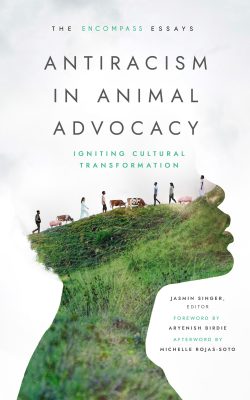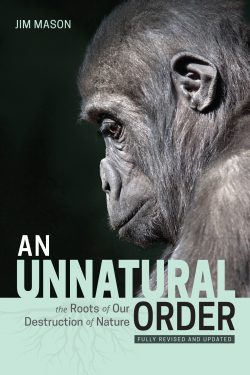Verena Brunschweiger is no stranger to controversy. In her latest book, Do Childfree People Have Better Sex?, our provocateur tackles this increasingly popular topic, and its many ramifications, head on. After conveying her own personal story, Brunschweiger espouses with data in hand on the implications of having children or not: the ecological and environmental consequences, feminism, politics, and philosophical disputation. Issues including over-population and the environment, animal welfare, abortion and reproductive rights, sex and happiness, women’s health, and politics and anti-natalism are explored. Brunschweiger posits women have the right to be happy and, if they choose, feel comfortable rejecting the societal conventional pressure of having children. The author suggests that women and their partners will have more freedom and enjoyment if they are childfree. The author doesn’t want humanity to go extinct as some may suggest; rather, she wants the reader and its inhabitants to have an enjoyable and sustainable future.
Do Childfree People Have Better Sex?
A Feminist’s Journey in the Childfree Movement
$14.95
324 in stock
Book Details
| Pages |
190 Pages |
|---|---|
| Size | 5 x 8 |
| Format | Paperback |
| Pub. Date | 03/01/2022 |
| ISBN | 978-1-59056-664-0 |
| Publisher |
Verena Brunschweiger is no stranger to controversy. In her latest book, Do Childfree People Have Better Sex?, our provocateur tackles this increasingly popular topic, and its many ramifications, head on. After conveying her own personal story, Brunschweiger espouses with data in hand on the implications of having children or not: the ecological and environmental consequences, feminism, politics, and philosophical disputation. Issues including over-population and the environment, animal welfare, abortion and reproductive rights, sex and happiness, women’s health, and politics and anti-natalism are explored. Brunschweiger posits women have the right to be happy and, if they choose, feel comfortable rejecting the societal conventional pressure of having children. The author suggests that women and their partners will have more freedom and enjoyment if they are childfree. The author doesn’t want humanity to go extinct as some may suggest; rather, she wants the reader and its inhabitants to have an enjoyable and sustainable future.
—Susanne Baller, Journalist, Stern
“Brunschweiger’s theses are important and worth pondering. They hurt, because they show that having kids is not only an individual decision, but has influence on the fate of every living creature.”
—Marlen Hobrack, Journalist, Der Freitag
“What if instead of giving birth to children, more women chose to give birth to important ideas and projects, revolutionary inventions, inspiring art, or simply a fulfilling existence? Verena Brunschweiger passionately challenges patriarchal norms, discussing that there is obviously a wider range of roles women can play other than motherhood. But that’s not all—she explains how lower birth rates can better the world.”
—Dr. Camila Perussello, Author of Food for Thought
“Verena Brunschweiger doesn’t want mankind to go extinct. On the contrary, she wants to make sure that there is a future, for people and in general. She tackles a taboo many environmentalists shy away from: the fact that reducing plastic doesn’t suffice if the population growth continues like this. It’s her merit to have brought this emotionally and politically difficult topic to everyone’s attention. The voluntary renunciation to procreate she propagates is based on ecological reasons. She presents these convincingly in the first part of her book, adding ethical and feminist points.”
—Sacha Rufer, Book Reviewer, Umweltnetz-Schweiz





